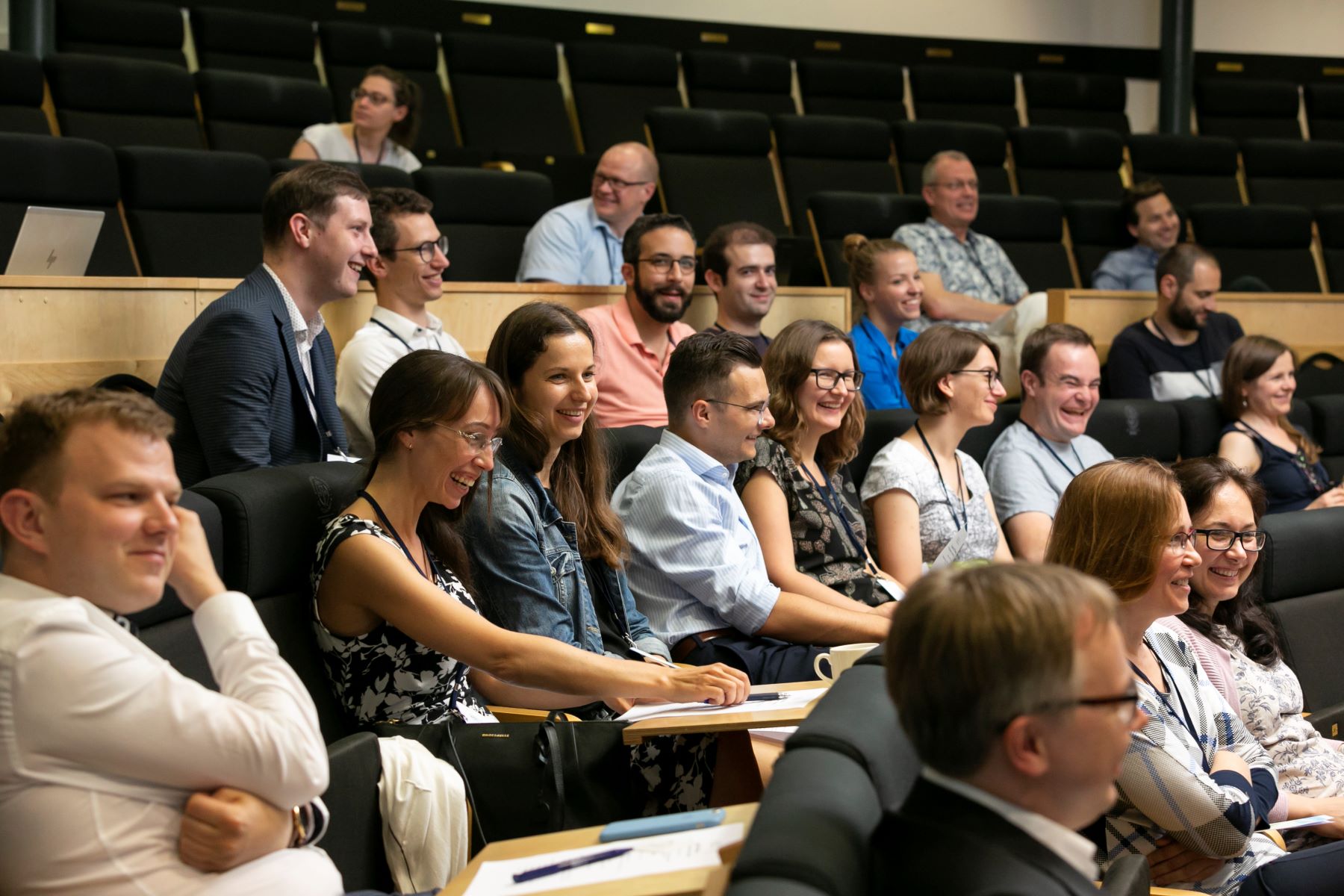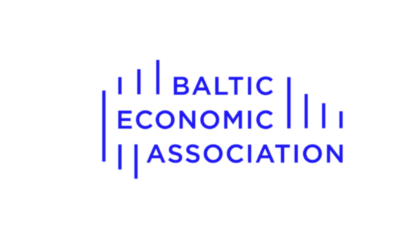The 8th Baltic Economic Conference will take place on June 25-26, 2026, in Riga, Latvia. The Baltic Economic Conference is organized by the Baltic Economic Association in cooperation with Latvijas Banka and the Stockholm School of Economics in Riga.
Submissions are accepted until 15 March. We welcome full-length paper submissions from all fields of economics and finance. Each paper will be assigned a discussant. The keynote speech will be given by Yuriy Gorodnichenko.
This year, the best paper presented by a PhD student will be awarded €1000. In addition, for the first time, the Baltic Economic Conference will feature special issues of two journals: the Baltic Journal of Economics and Economic Modelling.
Visit https://conf2026.

